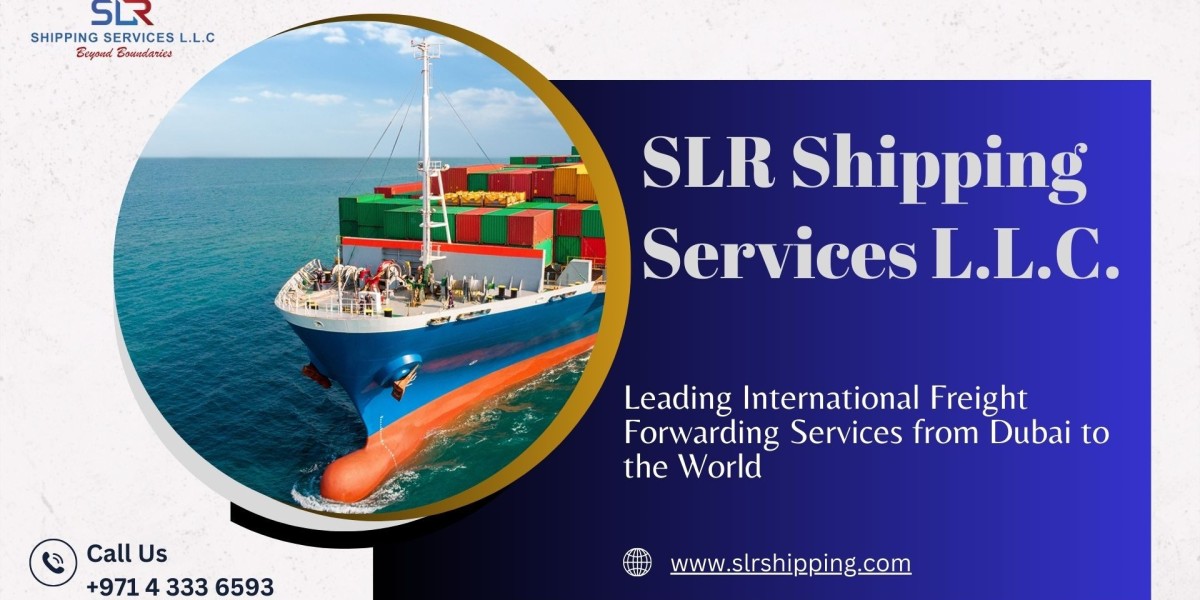This process of Freight Forwarding Services involves coordinating and managing shipments from the point of origin to the final destination while navigating through complex logistics, customs regulations, and transportation networks.
Functions of Freight Forwarding Services
The tasks of freight forwarding services include:
Freight forwarding is an intermediary between exporters, importers, and transportation carriers. But Freight forwarders are the experts in handling the intricacies of global shipping, providing a range of services that include documentation, cargo consolidation, insurance, and customs clearance.
To initiate the freight forwarding process, the exporter contacts a freight forwarder, providing details about the shipment's size, weight, type of goods, and destination. The freight forwarder then plans to transport the cargo using the most cost-effective and efficient air, sea, road, or rail routes.
Documentation is critical to freight forwarding, as international shipments involve much paperwork. Freight forwarders prepare the necessary documents, such as bills of lading, commercial invoices, packing lists, and certificates of origin, to ensure the legality of the shipment and aid in the smooth movement of goods.
Cargo consolidation is another essential service provided by freight forwarders. This process combines shipments from different exporters into a single container to optimize space and reduce transportation costs. This practice benefits small and medium-sized businesses needing more capacity to fill an entire container.
Freight forwarders also offer cargo insurance, providing their clients with added protection against potential losses or damages during transit. While they take every precaution to safeguard the cargo, unforeseen circumstances such as accidents, theft, or natural disasters can occur.
Customs clearance is one of the most challenging aspects of freight forwarding. Different countries have varying customs regulations, tariffs, and duties that must be adhered to. Freight forwarders work closely with customs brokers to ensure all the required documents and payments are in order.
The advancement of technology has significantly impacted the freight forwarding industry. Using digital tools and automated systems has improved efficiency, transparency, and communication between all parties involved in the shipping process. Tracking and tracing capabilities allow clients to monitor the movement of their cargo in real-time.
Conclusion
SLR shipping facilitates international trade, enabling businesses to expand their markets and reach customers worldwide, as freight forwarding is an indispensable component of the global supply chain.
By managing the complexities of logistics, freight forwarders play a vital role in ensuring the timely and secure delivery of goods, fostering economic growth and prosperity on a global scale.








